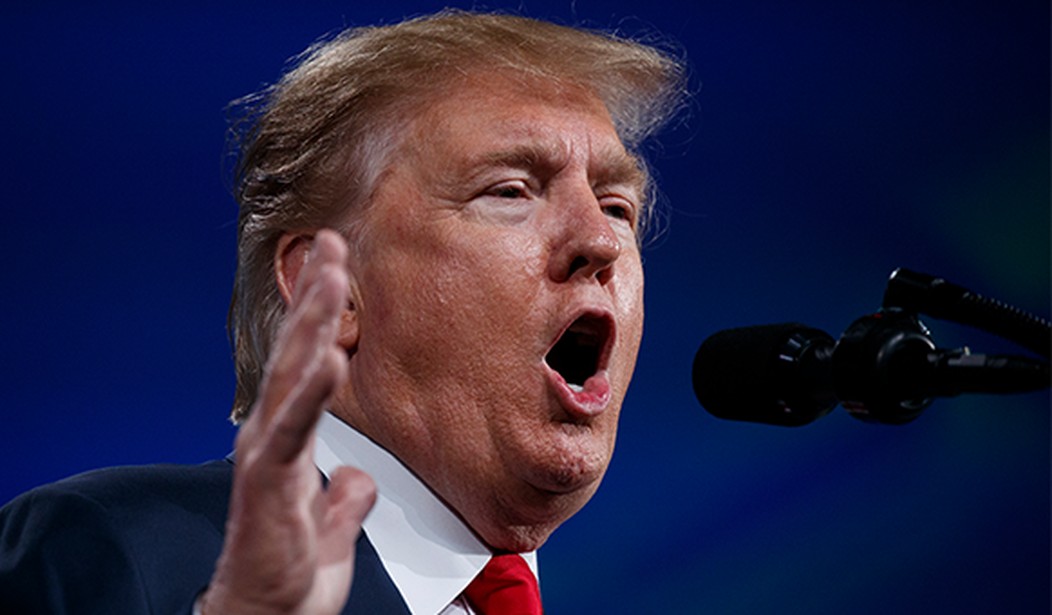At his contentious hearing before the Senate Judiciary Committee, Attorney General William Barr dropped a big hint about his investigation into the conduct of the Trump-Russia investigation.
"Many people seem to assume that the only intelligence collection that occurred was a single confidential informant and a FISA warrant," Barr said. "I would like to find out whether that is, in fact, true. It strikes me as a fairly anemic effort if that was the counterintelligence effort designed to stop the threat as it is being represented."
Here is what he meant: There has been a lot of discussion on the right about the FBI's use of a confidential informant, an England-based college professor named Stefan Halper, to spy on some Trump campaign figures, including the sometime foreign policy volunteer advisers George Papadopoulos and Carter Page. There has also been talk about the FBI's use of a so-called FISA warrant -- a court-approved permission to wiretap -- against Page.
There was also speculation about other possible FBI surveillance, but the Halper operation and Page FISA case were the only ones definitely known. So Barr was saying that if the FBI really took the Trump-Russia matter seriously, if they thought it was a threat to the republic, would that be all they would do? No other wiretaps or other surveillance? No other confidential informants? Nothing?
Given that Barr was already looking into the question, his phrasing suggested he suspected there was more.
Sure enough, just days later, The New York Times reported that in the summer of 2016 the FBI sent an undercover agent, a woman who went by the alias Azra Turk, to London to pose as Halper's research assistant and tease information out of Papadopoulos. (The Times was so reluctant to call Turk a spy that it referred to her, in a headline, as a "cloaked investigator.")
Recommended
So now there are Halper, Turk and the Page FISA warrant. If they represent the totality of the FBI's surveillance, that would still be a pretty anemic response to what some in the bureau viewed as a full-scale Russian attack on American democracy.
So the key question of the Barr investigation will be: Is there more? The answer is not publicly known. But consider this: The Mueller report noted that on Aug. 2, 2017, the Justice Department authorized the special counsel to investigate specific allegations against four Trump campaign officials: Page and Papadopoulos, plus former campaign chairman Paul Manafort and former security adviser Michael Flynn. Is it reasonable to believe that the FBI pulled out the big investigative guns, the spies and the wiretap warrant, against the two smaller figures -- Page and Papadopoulos -- and not against the far more important figures of Manafort and Flynn? Or if not against them, perhaps against others?
It wasn't that long ago, on April 10, when, during another Hill appearance, Barr set off a firestorm by declaring that "spying did occur" on the Trump campaign. Democrats pounced; how dare Barr call the FBI's investigation "spying"?
"Perpetuating conspiracy theories is beneath the office of attorney general," tweeted Senate Minority Leader Charles Schumer.
It is abundantly clear that Barr was correct. He was careful to add that the unknown factor about the spying was "whether it was adequately predicated" -- that is, whether the FBI had a legitimate reason to do it. But there was no doubt that spying happened.
Now, the question is whether there was more than is now publicly known. Congressional investigators are anxiously awaiting the results of an investigation into at least some of the surveillance by Justice Department Inspector General Michael Horowitz. That report is thought to be coming in the next couple of months. They are also watching to see what Barr will investigate on his own.
Both are deeply important efforts. Just as the public needed to know what is in the Mueller report, it needs to know about the FBI's secret political operations in the 2016 campaign.
Byron York is chief political correspondent for The Washington Examiner.

























Join the conversation as a VIP Member